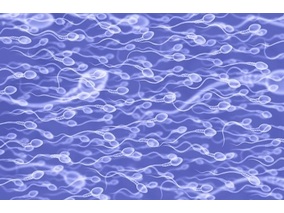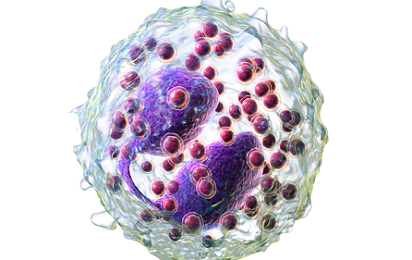A new study by the Cardiovascular Diseases group at Vall d'Hebron Research Institute (VHIR) and CIBER of Cardiovascular Diseases (CIBERCV) has shown that patients with acute myocardial infarction who are iron deficient have larger infarctions and develop with a higher frequency adverse heart remodelling than patients with normal iron levels. The study is published in the journal JACC: Basic to Translational Science.
Iron is essential for normal cardiovascular function. In patients with chronic heart failure, iron deficiency is common independently of anaemia and portends a poorer prognosis. Its correction improves symptoms and quality of life. While excess iron has been associated with cellular damage, the significance of iron deficiency in acute coronary syndromes has been little studied.
The study correlated iron deficiency with larger infarct size, more extensive microvascular obstruction and an increased risk of developing adverse ventricular remodelling, after analysing MRI scans of 125 patients who had suffered an acute ST-segment elevation myocardial infarction (STEMI) and following them up at 6 months.
The study was led by Dr. Javier Inserte and Dr. José A. Barrabés, researchers from the Cardiovascular Diseases research group at VHIR and the Cardiology Department at Vall d'Hebron University Hospital, in collaboration with the Departments of Haematology and Biochemistry at the same hospital, as well as the CIBERCV.
According to Dr. Inserte, "our study demonstrates that not only iron excess but also iron deficiency can have detrimental effects in the context of acute myocardial ischaemia. The findings thus justify caution about the use of iron-depleting therapies in these patients".
In addition to the human study, the work includes experimental studies in mice fed an iron-deficient diet and subjected to a protocol that mimics infarction in humans. These studies confirm the results obtained in patients and served to propose increased oxidative stress and altered nitric oxide production as mechanisms responsible for the detrimental effects of iron deficiency.
"These results justify further research, especially to assess whether the correction of iron deficiency can have beneficial effects on ventricular dilatation and the development of heart failure in patients who have suffered an extensive infarction", explains Dr. Barrabés.





